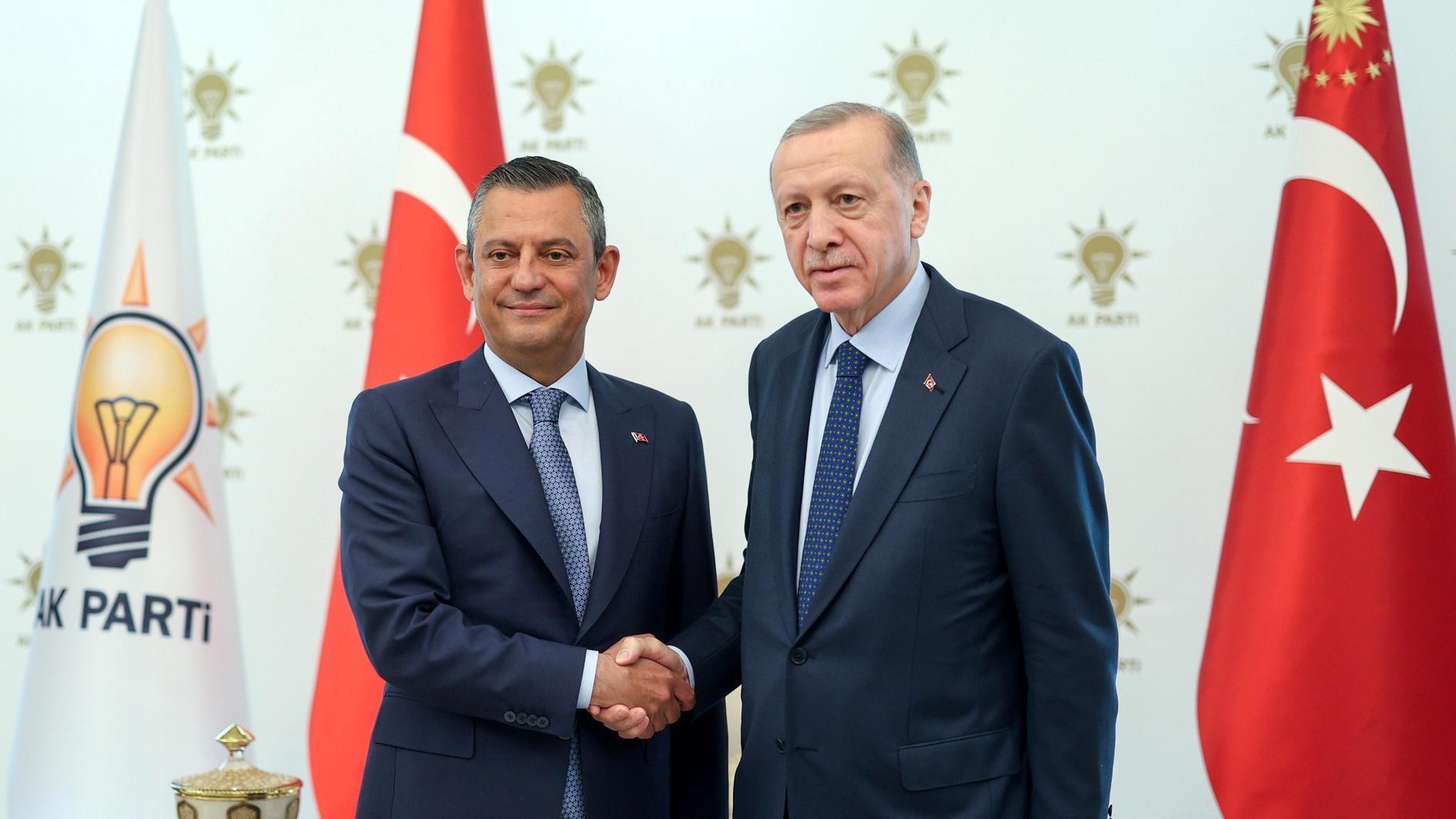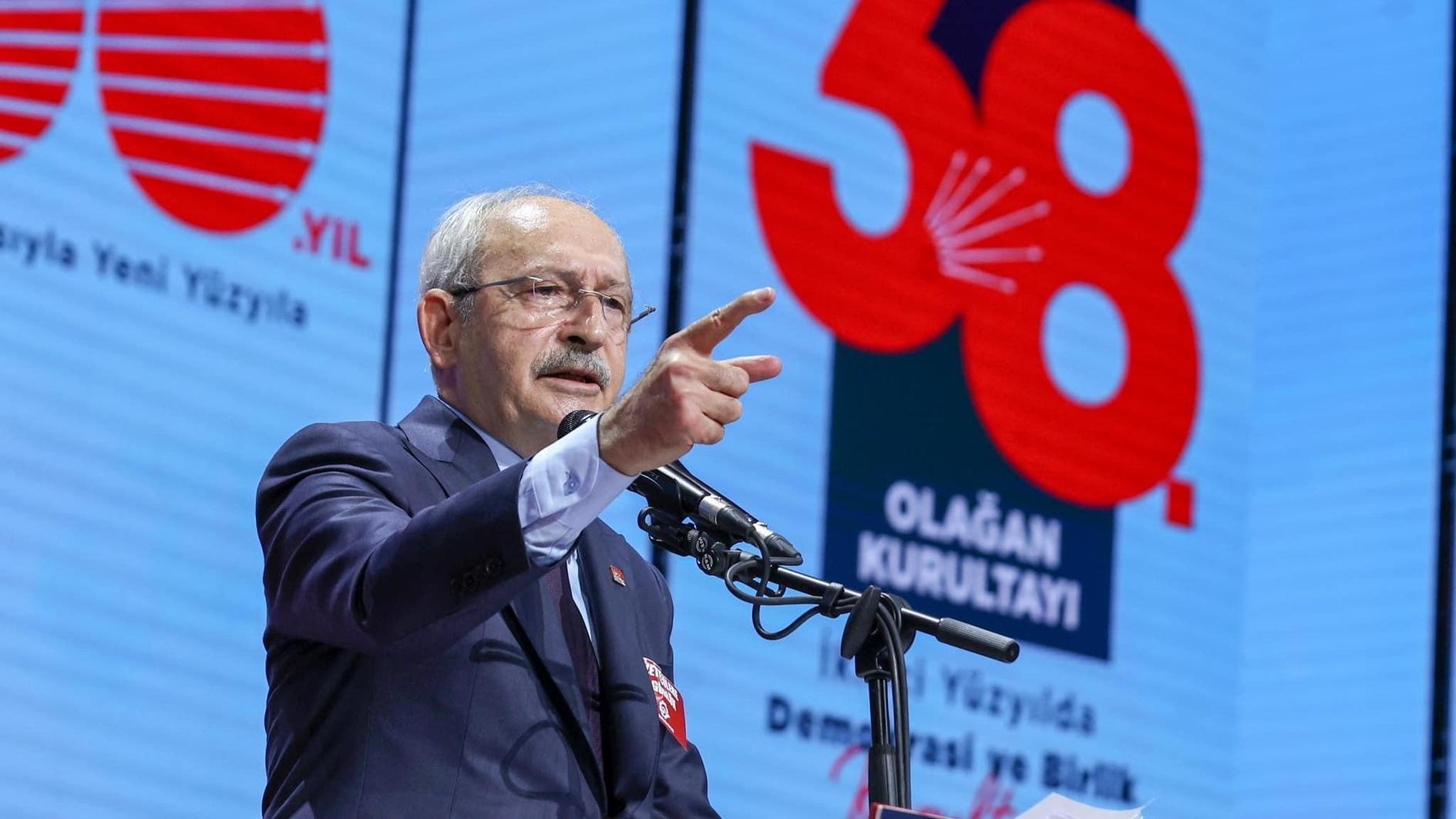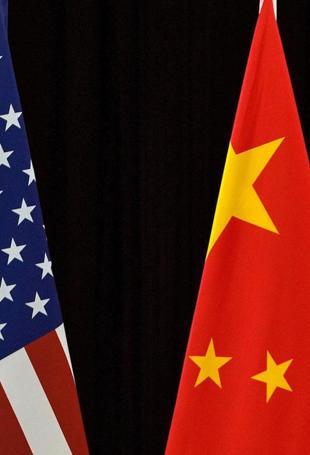Flow of N. Iraqi oil delayed
For almost a week, we have been talking about the comprehensive energy agreement that Turkey signed with northern Iraq. When the deal was struck without seeking the approval of Iraq’s central administration, moreover signing it after declaring “we have not signed it,” things went wrong when it was met with a harsh reaction.
Energy Minister Taner Yıldız had to rush to Baghdad after the harsh reaction displayed by the Iraqi central government. He said the Iraqi central government’s approval will be sought as part of energy cooperation efforts with North Iraq. On his way back from Baghdad, Yıldız went to Arbil and advised who his contacts were to N. Iraq officials who he had talked to one week ago. When at home, Yıldız said, “Iraqi and N. Iraqi officials should agree.”
It is not openly said but the truth behind these visits is this: the oil that will flow through the planned pipeline from N. Iraq, the one that N. Iraq Prime Minister Nechirvan Barzani said will begin to flow around the New Year, or ‘even sooner,” is likely to be delayed at least two or three months. This is a possibility in the case that N. Iraqi and Iraqi administrations agree soon. If they do not agree, then that means oil flow through the pipelines to Turkey will be delayed further. If the administrations of Iraq and N. Iraq never agree on oil exports to Turkey, then things will get even more complicated.
If you ask how we have come to this stage, it is because Turkey, despite all warnings, signed a comprehensive deal with N. Iraq last week without the approval of Iraq’s central administration; subsequently then telling the public “we have not signed a deal,” and then it was revealed that it had signed it.
If the deal had not been signed after agreeing with N. Iraq, but after getting the approval of the Iraqi central government, in other words if business had been done with normal procedures, and if the truth had been told, maybe things would have worked faster. Turkish-Iraqi relations that are the focus of attempts to make them warmer would not have been ruined.
Now, the building of confidence would even take a while.
More problems
Meanwhile, we see that most of the debate focuses on the oil N. Iraq will supply to the existing pipeline and how its payment would be done. The tripartite mechanism said to be established is expected to discuss the flow of oil to the pipeline and what kind of system is to be set up for payment matters. However, it is being forgotten that the agreement between N.Iraq and Turkey is not limited to this only.
Consequently, it will not suffice to reach an agreement solely on this issue with Iraq’s central government. It is obvious that the deal on what N. Iraq really wants, the one about building of “a direct pipeline to Turkey,” will cause huge objections from the central government.
Also, the Iraqi central government will not welcome the agreements about oil and natural gas fields in N. Iraq that Turkey will own directly through the oil company TEC that it has formed and co-owned through other oil companies. In short, there is a long way to go before Turkey benefits from N. Iraqi energy.











